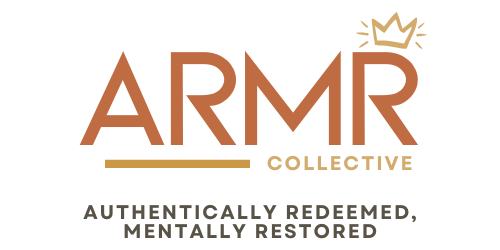I see you struggling with the guilt that comes after loss – those moments when joy feels like betrayal and moving forward feels like goodbye. After walking this road myself, I want to share something I wish I’d known sooner.
Grief and I became unwilling companions early in life. Within just a few years, I lost my grandmother, my 15-year-old cousin to leukemia, my aunt to cancer, and then my grandfather. Each loss knocked me down again and again.
Through all this grief, one theme kept recurring.
I was terrified of moving on.
I believed moving on meant forgetting my loved ones. I trapped myself in grief, refusing to allow myself moments of joy. In my mind, being happy somehow insulted their memories—as if not actively grieving meant I didn’t care enough.
The world kept spinning after they passed, but I remained suspended in limbo—trying to live my life while desperately keeping my loved ones at the forefront of my mind. My refusal to move forward became my way of exercising control over something I had absolutely no control over.
We’ve all heard well-meaning friends say, “They’d want you to be happy. They wouldn’t want you to be sad.” And yes, that’s probably true, but it doesn’t ease the guilt that comes with enjoying life when such precious parts of yours are gone.
But here’s what I’ve learned: moving on doesn’t look like perfect peace and joy all the time.
I will never “get over” my young cousin’s passing. I will always carry that heartbreak. Yet through God’s grace, this experience has given me a unique ability to help others through similar struggles.
Do I wish with every fiber of my being that Maddy hadn’t passed away? Absolutely. But since I can’t change the past, I’ve chosen to use my experiences to serve others who are hurting.
So how can you allow yourself to “move forward” without the guilt? Without feeling like you’re betraying your loved ones’ memories?
Remember this: Honoring your future is a way of honoring your loved ones.
Moving on isn’t about denying memories or love—it’s about being grateful for how they impacted your heart.
Instead of thinking about “moving on,” think of it as “living forward.” Acknowledge what’s happened, recognize how it’s shaped you, and allow yourself to continue growing.
There are gentle ways to keep their memory alive while healing. Make space in your daily life to acknowledge thoughts of your loved ones, whether those moments bring tears or smiles.
Your relationship with them hasn’t ended—it’s transformed.
On difficult days, sit quietly with a journal and write down memories as they surface. Let yourself remember the sound of their laugh, the way they told stories, the little habits that made them uniquely them. These written memories become precious treasures you can return to again and again.
In this digital age, we often have final text messages, voicemails, or social media posts from our loved ones. Save them, screenshot them, print them if you wish. These modern-day letters are touchstones to the relationship you shared. When grief feels particularly heavy, these simple words—even something as ordinary as “See you soon!” or “Love you!”—can remind you of the depth of connection you shared.
Remember: Grief is evidence of love.
While this truth doesn’t make the pain easier to bear, it reminds us why our hearts ache so deeply.
You are allowed to move on. You are allowed to feel sad, depressed, angry, and heartbroken. You are allowed to feel happy, grateful, and silly. And you are allowed to feel all these emotions at once. They’re not mutually exclusive—they’re all part of the healing journey.
Most importantly, know this: You are not forgetting them. You are not insulting their memories. They know you love them, and that love transcends time and death itself.



